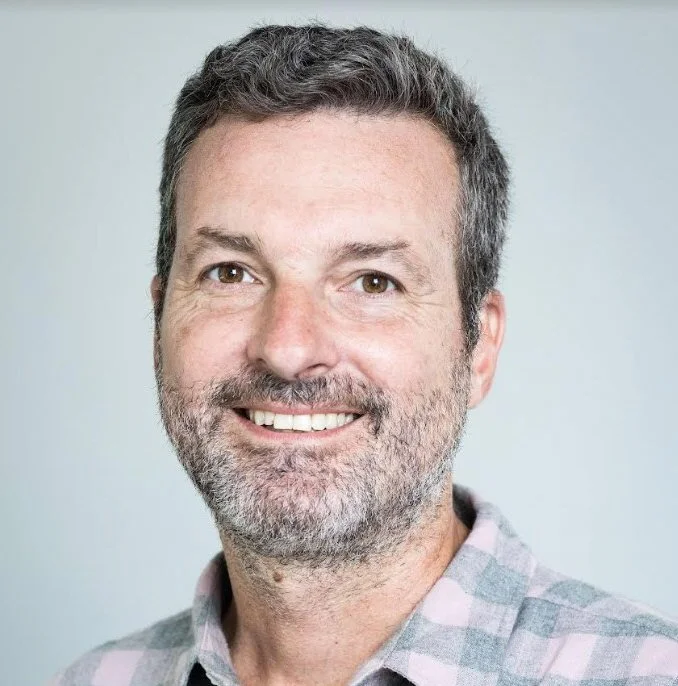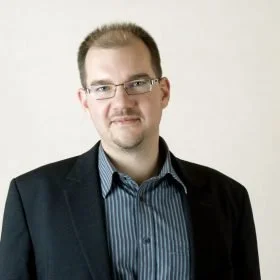A Global Bill to End Digital Fake News, Fake Reviews, Slander, HateSpeech and Bots
The World Forum on the Future of Democracy, Tech and Humankind, 18th-19th February 2024, Berlin
Prof. Lily L. Tsai
Ford Professor of Political Science and Director of the MIT Governance Lab, MIT
Prof. Joanna Bryson
Professor of Ethics and Technology, Hertie School
Claudia Bechstein
Moderator for digitalization, sustainability, tech and business topics
Connor Leahy
CEO Conjecture AI
Prof. David Carroll
Featured in the “The Great Hack”, Associate Professor of Media Design at the school of Art, Media and Technology at Parsons School of Design at The New School.
Prof. Dr. Gabor Polyak
Professor of media law and media policy at Eötvös Loránd University Budapest
Karim Amer
Film director of the film “The Great Hack” and “Defiant”
Call for action: The panel on the fake news demands responsible public policy and governance to build a digital world grounded in integrity and truth, emphasising the importance of continud discussion and action.
Enhance verification and authentication of user identities on platforms
Limit the number of comments and voting on comments
Consider taxing accounts based on followers
Utilize generative AI to develop advisory bots for online discussions
Advisory bots can assist in decision-making, provide feedback on communication styles, and encourage civil discourse
AI can offer factual information, slow down comment drafting, and promote thoughtful engagement
Improve the supply side issue through AI-driven policies, regulations, and governance
High-quality documentaries can foster reflective attention and civic engagement in online interactions
Main outcomes
The urgent need for regulatory intervention and redesign of digital media platforms to address misinformation, hate speech, and other challenges.
Emphasis on the role of social media in political communication and the necessity of transparency, authenticity, and user vigilance in navigating online content.
Recognition of the challenges and responsibilities associated with developing and regulating AI, highlighting the importance of human agency, accountability, and proactive regulation to mitigate potential harms.
Panel Discussion summary
The panel discussion on the fake news at the World Forum on the Future of Democracy, Tech, and Humankind is moderated by Claudia Bechstein. The panellists include Prof. Lily Tsai, Prof. Joanna Bryson, Conor Leahy, Karim Amer, Prof. Gabor Polyak and Prof. David Carroll. The panel discussion brings together experts to address pressing concerns regarding the proliferation of misinformation, hate speech, and other challenges in the digital landscape. First, Lily Tsai urges regulatory intervention and platform redesign to address the rise of autocracy fueled by generative AI and social media. She highlights the exploitation of economic and social uncertainty by demagogues for political gain. Tsai proposes practical strategies such as building trust, curbing virality, and leveraging AI for civil discourse. Then Joanna Bryson stresses the necessity of regulation to address polarisation and misinformation facilitated by digital platforms. She emphasises the role of social media in political communication, advocating for transparency and authenticity in online discourse.
Connor Leahy delves into the challenges and responsibilities associated with developing and regulating AI systems. He emphasises the need for human agency in shaping the future of AI, highlighting the importance of accountability for both users and developers. Leahy warns of the rapid advancements in AI technology, citing the potential risks and the lack of sufficient regulation compared to other industries. Urging for accountability measures to be implemented, he stresses the need for proactive regulation to mitigate potential harms caused by AI development and deployment.
Gabor Polyak also highlights the lack of consensus on the definitions of fake news and disinformation, reflecting a global trend. He emphasises the challenge of regulating misinformation in a polarised political environment where differing values and emotions complicate discussions. However, he underscores the importance of freedom of speech in maintaining democracy, arguing for regulations that protect democratic processes from manipulation and ensure informed decision-making. Karim Amer warns of the dangers of divisiveness as a profitable business model, citing incidents like deep fake videos causing chaos in cities like London. Urging for accountability and a reengineering of the social contract, he calls for decisive action to safeguard democracy before it crumbles under the weight of technological exploitation. David then summarises his involvement in the Cambridge Analytica scandal, emphasising the vital role of whistleblowers, leakers, and journalists in uncovering the truth and holding governments accountable.
During a discussion with the audience, Lily Tsai and Joanna Bryson highlight the importance of mindful commenting behaviour and the influence of tech companies on user preferences. Connor Leahy also stresses the social nature of combating misinformation, while Karim Amer suggests copyrighting faces as a solution to image misuse. The discussion concludes with a call for responsible public policy and governance in combating misinformation and protecting personal data.







